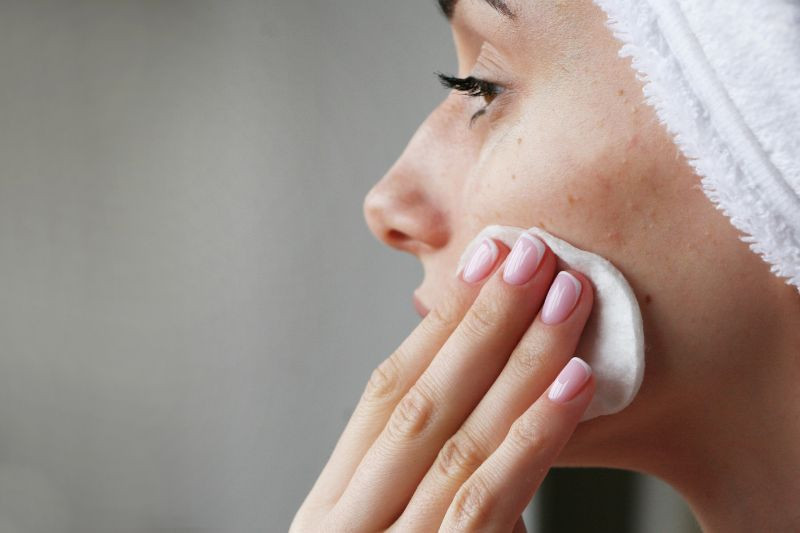The skin is effective at communicating what’s going on inside of the body. All you must do is pay attention to what your body is trying to say. Continue reading about the things your skin can tell you about your health.
Your Skin Can Tell You That You Might Have an Autoimmune Disease
An autoimmune disease occurs when the immune system mistakes healthy cells, organs, and tissue as threats. The body becomes weakened, and some side effects may show up on your skin.
Lupus attacks the organs and tissues throughout the body. A rash on the cheeks and nose is likely to form.
Type 1 diabetes destroys cells in the pancreas so the body cannot properly regulate glucose levels. As a result, individuals may notice itchy and dry skin that’s prone to infection.
Hypothyroidism is a form of hormone imbalance that occurs when the thyroid gland doesn’t produce enough hormones. The skin can experience excessive dryness or develop eczema as a result.
Your Skin Can Tell You That You Need To Drink More Water
Over half of the adult population in the US suffers from dehydration. Drinking only a couple of cups of water won’t suffice. If this sounds familiar, perhaps you’re dehydrated, as well.
Water supports the elasticity of the skin. People who drink enough water each day may have less noticeable fine lines, wrinkles, and scarring. If you don’t consume sufficient amounts of water, your skin is likely to feel itchy or dry, show noticeable fine lines, and appear dull.
Your Skin Can Tell You You’re Under Immense Stress
Another message your skin can tell you about your health is that you’re under tremendous stress. Stress is one of the most common causes of rashes and hives. These puffy, itchy bumps can appear on the neck, chest, or back.
Acne is another typical side effect of stress. Stress breakouts frequently appear in oily areas like the forehead, nose, and chin.
An online acne consultation will provide the answers you need to clear up your breakout. But you must put in the work to better your mental well-being.
What Can You Do To Resolve the Issue?
A good place to start is to visit your general healthcare provider. They will refer you to a specialist like a dermatologist or rheumatologist to properly diagnose the issue and begin treatment.
It’s important to seek help as soon as possible. Ignoring any of the conditions above will affect more than your skin’s appearance.

